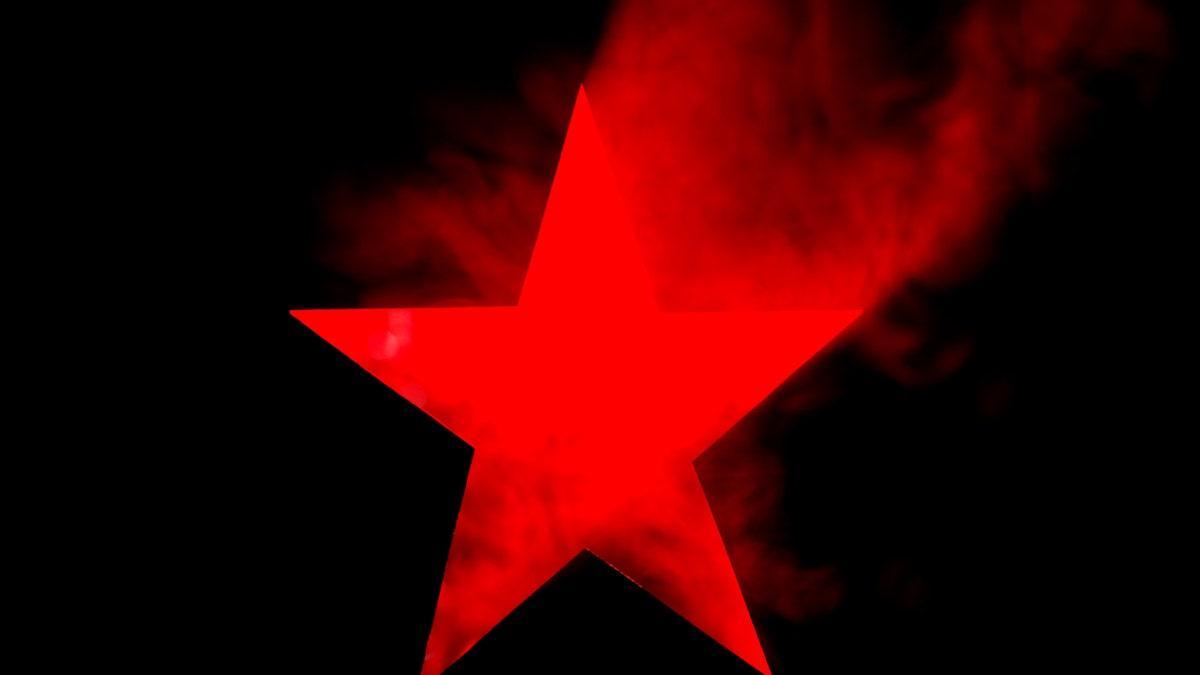On October 7th we called for a week of solidarity with US-held political prisoners Casey Goonan and Elias Rodriguez who are in state captivity due to their support for the Palestinian Revolution. The call was published on various sites and social media pages, but it was anonymous, autonomous, and was not put out by Workshops4Gaza or any other public formations. We chose the date of the Al-Aqsa Flood operation because, like the fall of Batista’s Havana, or the fleeing of Chiang Kai-shek to Taiwan, the uprising represented a new historical juncture that changed the global trajectory of anti-colonial and socialist struggle internationally. In fact, there are very few moments with such significance in history, therefore, the insurgent memory of the action must be defended and unequivocally supported. Our frame of reference, in regards to revolution in settler colonial Amerikkka, must be rooted in solidarity and complicity with the most advanced, and most principled, sectors of the internationalist struggle.
We did not expect to face opposition and sabotage from within the movement about expanding solidarity efforts for political prisoners. The desire to depoliticize political prisoners while minimizing the political context of their detention is not a path for revolutionary struggle, but an attempt to slow walk the movement into its death throes. Furthermore, attributing this call to action to people and organizations who weren’t involved – like the public and private whisper campaign condemning Workshops4Gaza – is malicious and duplicitous; particularly with the associated fedjacketing and doxxing crusade launched by people who should clearly know better.
These problems are part and parcel of a larger schism that will be resolved through internal movement struggle and external revolutionary conflict with the colonial state. The power brokers in the movement have long pushed an imperialist social democratic agenda couched in revolutionary language, but in actuality, their posture is mere defeatism and an ineffectual form of politics that cannot rise to the historical moment. This is why the support for Palestine has been either non-existent, tepid, or contradictory from this milieu. It also explains why, even after the George Floyd uprising and the rise of the Palestinian Revolution, the movement has remained among the whitest arenas in US politics.
The Palestinian Resistance and their regional comrades confrontation with the US and zionist war machines are the tip of the revolutionary spear and our actions, our deeds and our words should distinctly strengthen their posture and resolve. The student uprising was an attempt at establishing a support front in the imperial core that never quite coalesced into the political force that was requisite to address the genocidal nature of the US/zionist project. But even with the inadequacy of the movement there were notable moments and individuals. Casey and Elias are two of those people. The state has criminalized them, condemning Casey to a remarkably draconian sentence, and threatening Elias with execution. This counter-revolutionary repression is part of a larger strategic push by the state and must not be viewed in isolation. The capitalist class is in acute crisis and the US world-system is in an astonishing, barbaric death spiral. Severe imperialist miscalculations from the NATO war against Russia and the trade war have profoundly upended the system and the Palestinian Revolution accelerated the rapid decline.
It is in this context that the state’s repression has become a significant tool for the self-preservation of the colonial and imperialist project. The proscription of antifascism, the manic drive to deport migrants, the increase in policing, and the draconian sentencing passed down to our comrades all must be recognized in light of the crisis, and like the Palestinian Revolution, the Black Liberation Army, and other revolutionary formations, we have an obligation to support our comrades behind enemy lines, to politicize their cases appropriately, and to expand the field of struggle. Our prisoners are the compass of our movement, and we heed their calls for escalation in the fight to free them all. The nature of the empire’s surveillance regime necessitates that these calls often be made autonomously, without direct or explicit coordination with our prisoners.
Revolutionary organizations must begin to sincerely assess the situation, organize around and through these contradictions, unrepentantly support anti-colonial movements and we must, principally, struggle against imperialist social democracy. If these prisoner support organizations cannot work through these problems then they may need to be discarded. The ongoing conflict between reformist and revolutionary struggle will continue to persist in all political arenas, and in prisoner support specifically, the reformist wing must be defeated.
The Oct 7th Call to Action Committee
